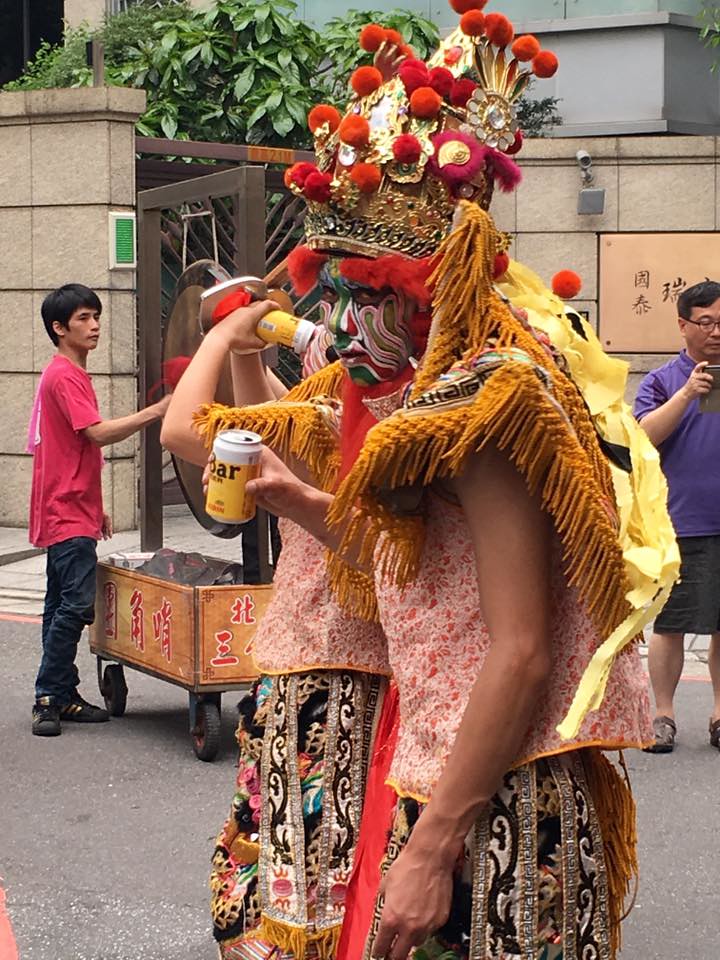
One of the things I love about living in Taiwan - though I suppose this is true for expat life in just about any country - is that I can see something that looks as though it will be the same as something I've seen in the past, but discover something completely new within it.
For example, I happened upon a temple parade in my neighborhood a few weeks ago. It is fairly rare to find one there; they usually take place in the older part of the city, not the most densely populated part of Da'an! I enjoyed it in part because, being more of a neighborhood thing, it didn't draw the massive crowds that the more well-known festivals draw. I was able to get solid close-ups of the temple cohorts and performers, including some more unique or characterful shots that are hard to get when you are pressed in by a massive crowd at, say, Qingshan Wang, Baosheng Culture Festival, the Matsu pilgrimage or others.
The other thing I liked about this festival was that I saw something I'd never seen before, despite having thought I'd "seen it all" as far as temple parades go.
And that is the offering of beer to bajiajiang, or the 8 generals!
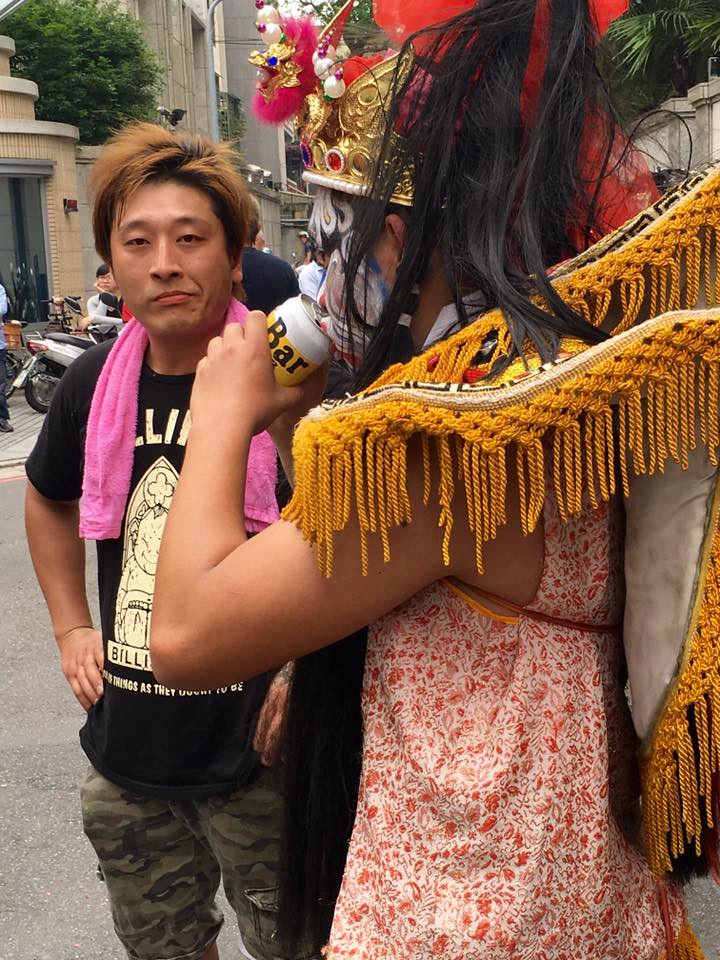
This was really interesting to watch - a tiny temple, more like a shrine, in the lanes around Rui'an Street, coming out with a tray of Bar Beer and offering it to the performers. The performers accepted it formally and drank it quickly.
I didn't know this was something you could do, in fact, I wasn't aware they could be seen drinking, talking or using technology (though I have definitely seen bajiajiang chatting, smoking or on cell phones when they shouldn't be.
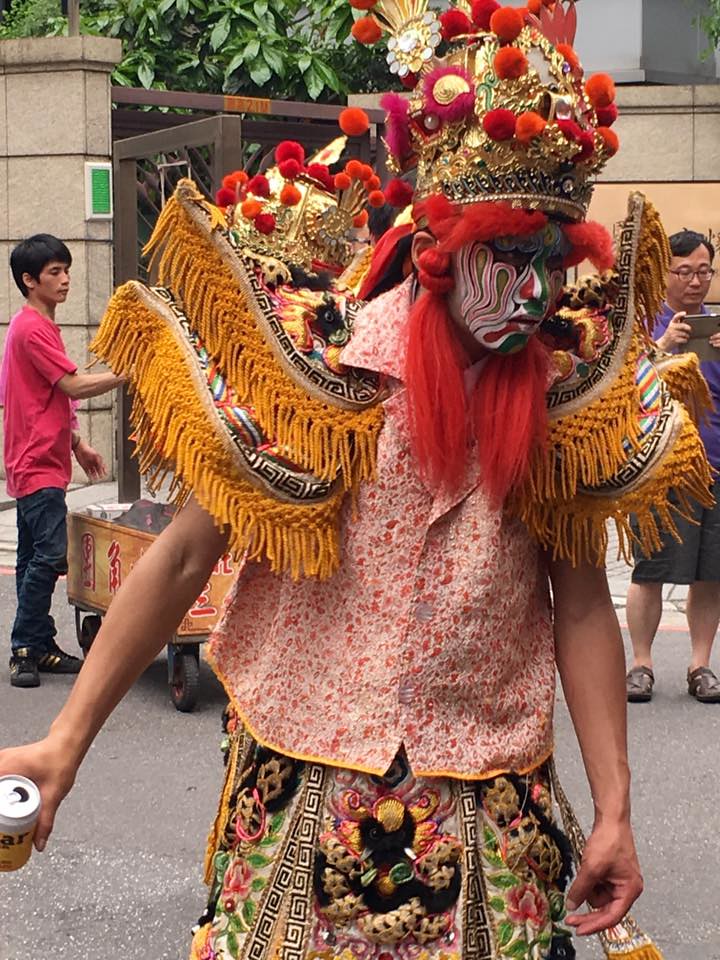
Another thing I didn't expect was the "temple parade enthusiast" (which I joked might be me in about 30 years) - I had seen spirit medium type parade followers who became possessed during parades but never one who was clearly not possessed but simply wanted to also be a part of the procession. She even had the right outfit, and was allowed to join by the rest of the temple troupes.
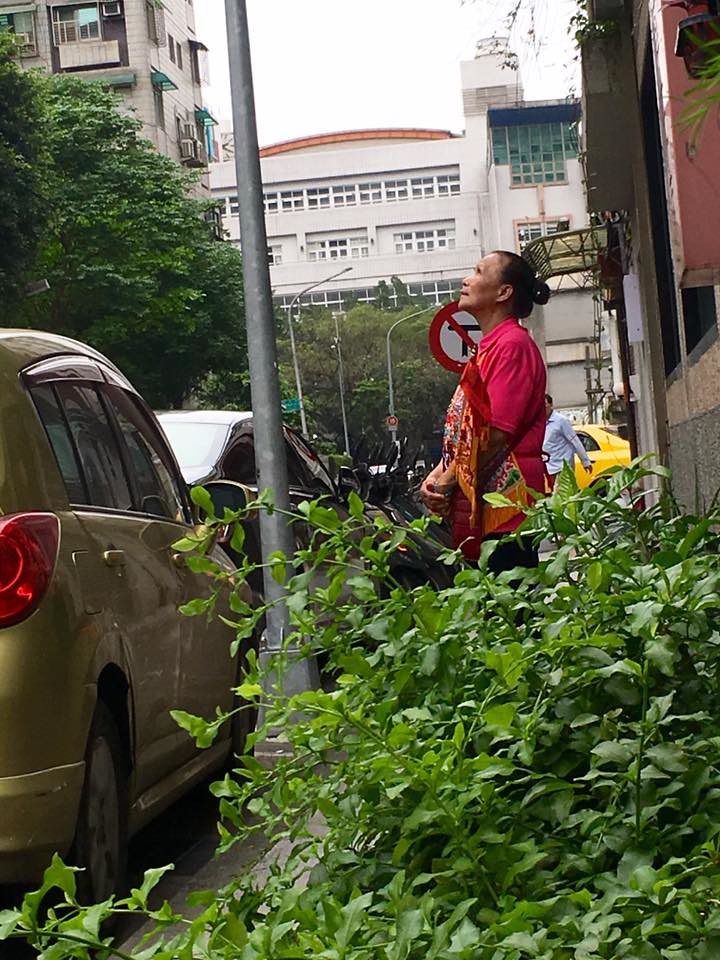
I was quite sad to see a truck with poles for sexy temple dancers being used for Three Princes (santaizi) instead, and none of them were dancing on the poles. A pole-dancing child god would be a wonderful photo!
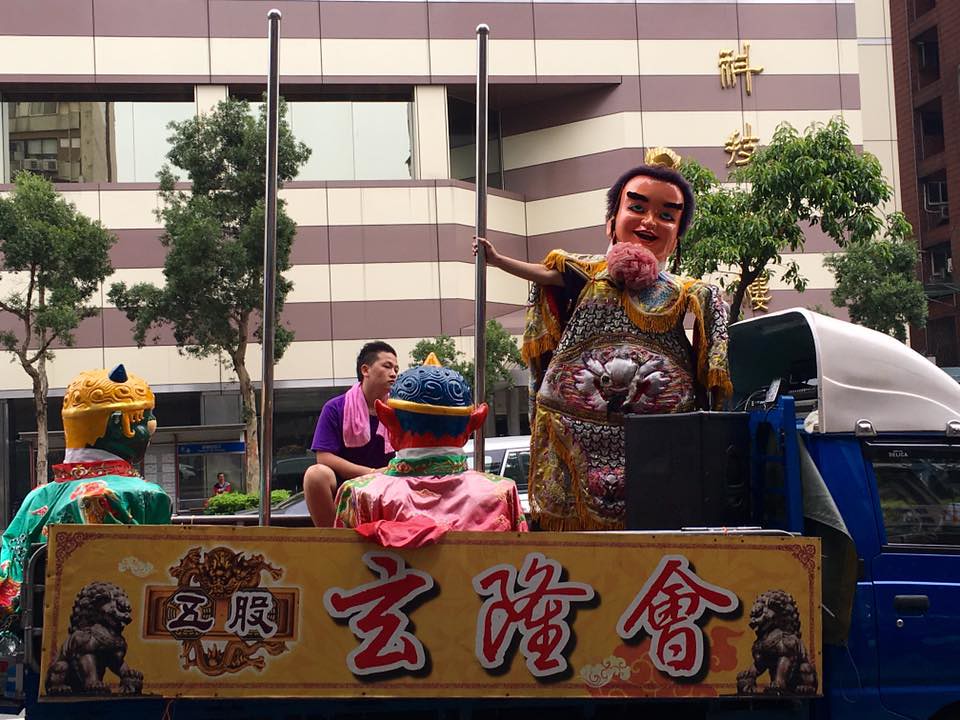
Otherwise it was a fairly normal neighborhood parade, with small crowds coming out to watch, not unlike, say, a Firemen's Day parade in the US but more colorful and interesting, at least to me. There were two bajiajiang troupes, the second fiercer than the first. These guys were legit scary:
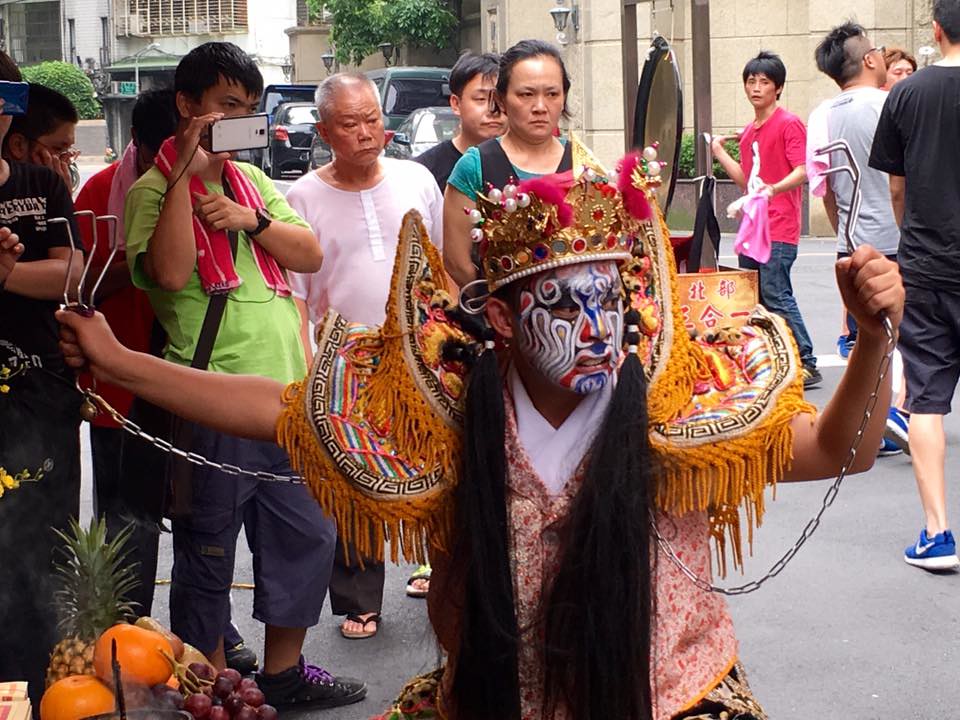
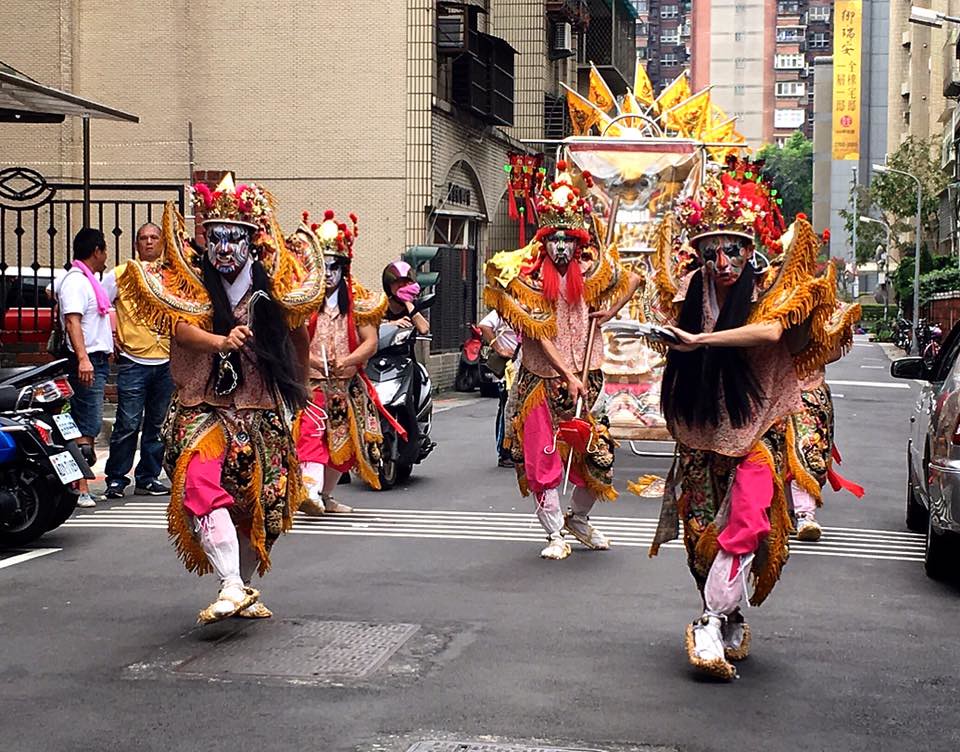
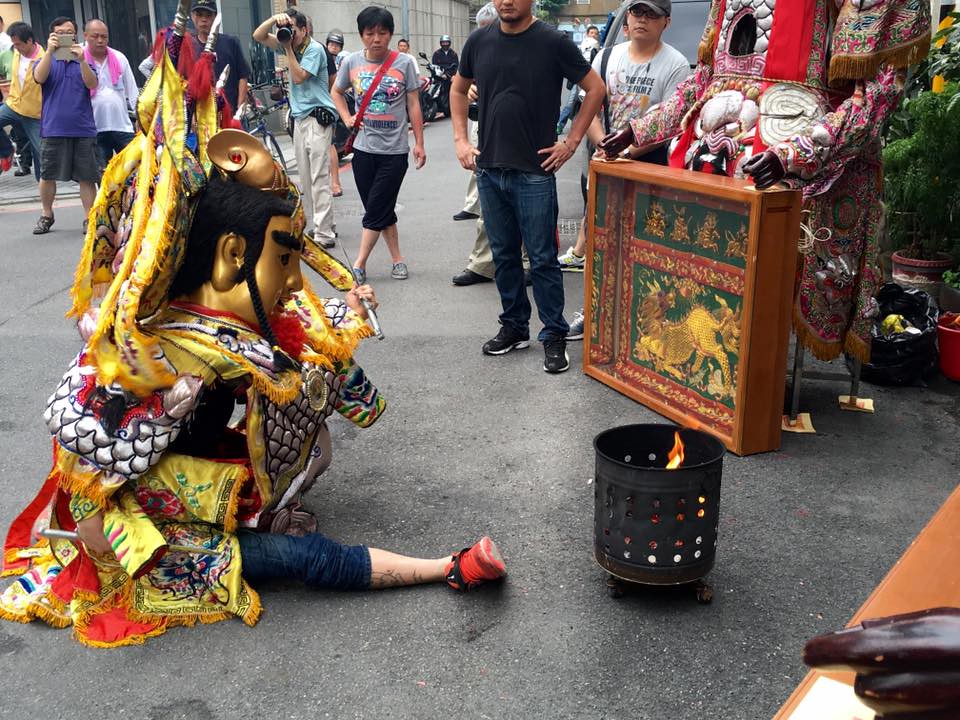
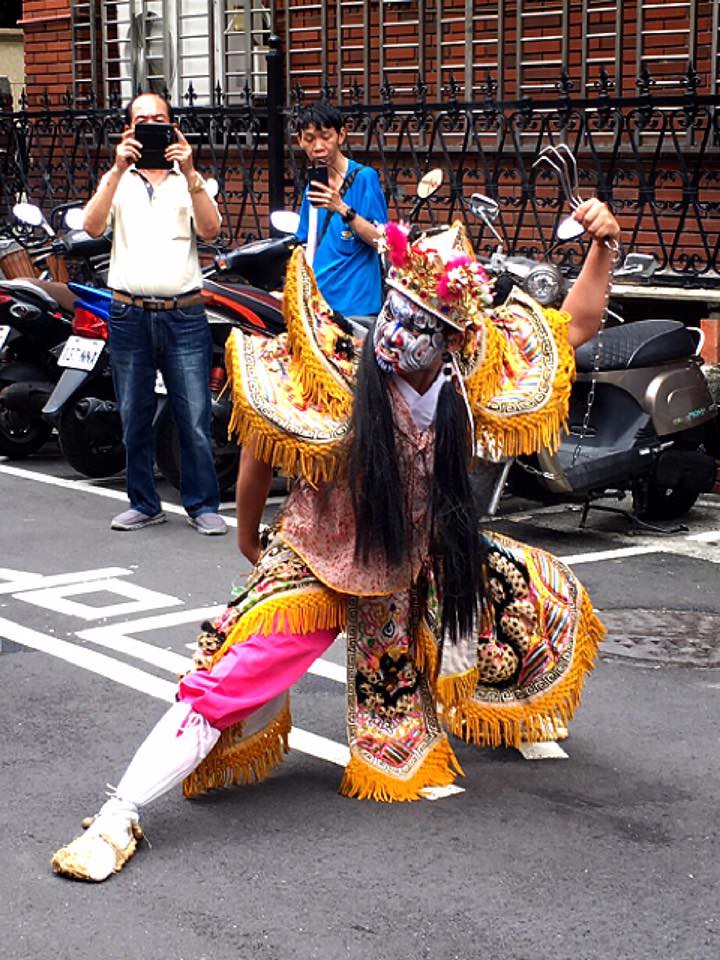
And the usual cohort of dragon dancers, lion dancers and tall god costumes.
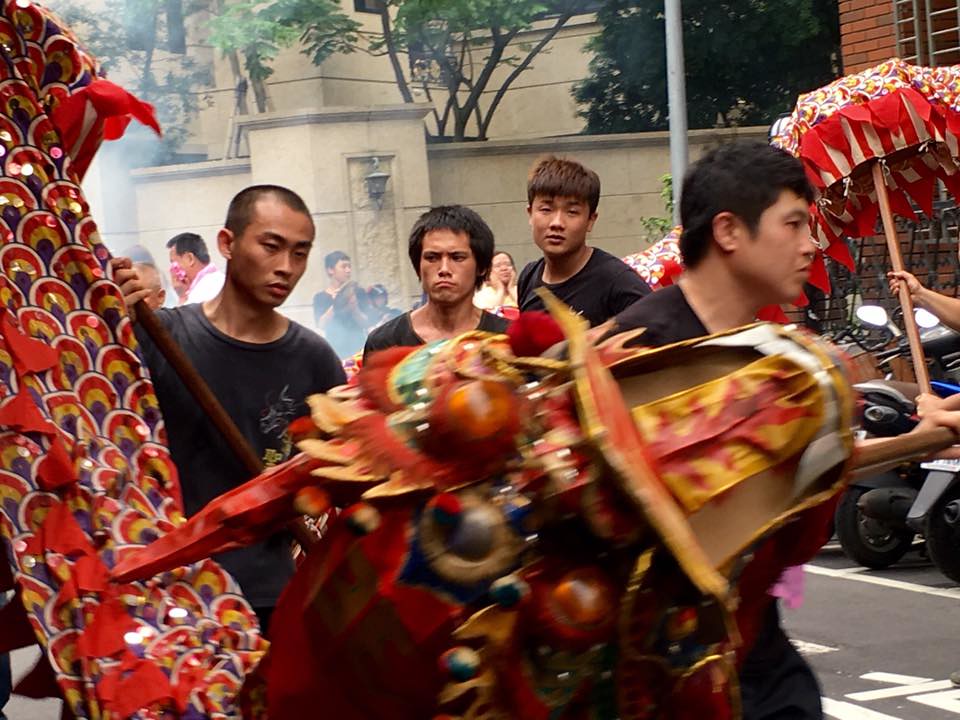
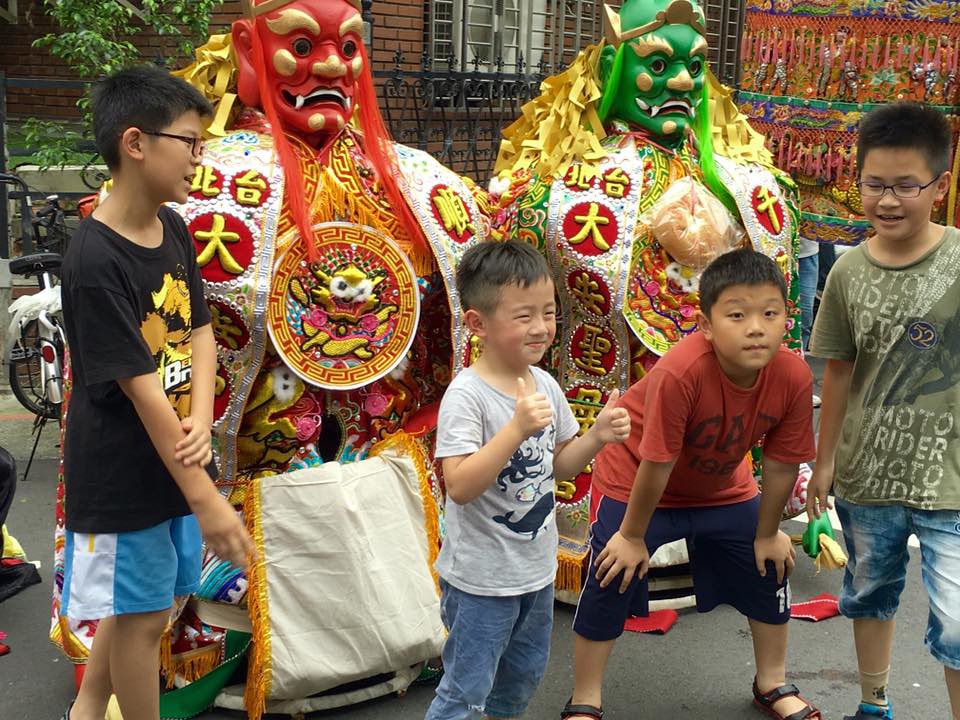
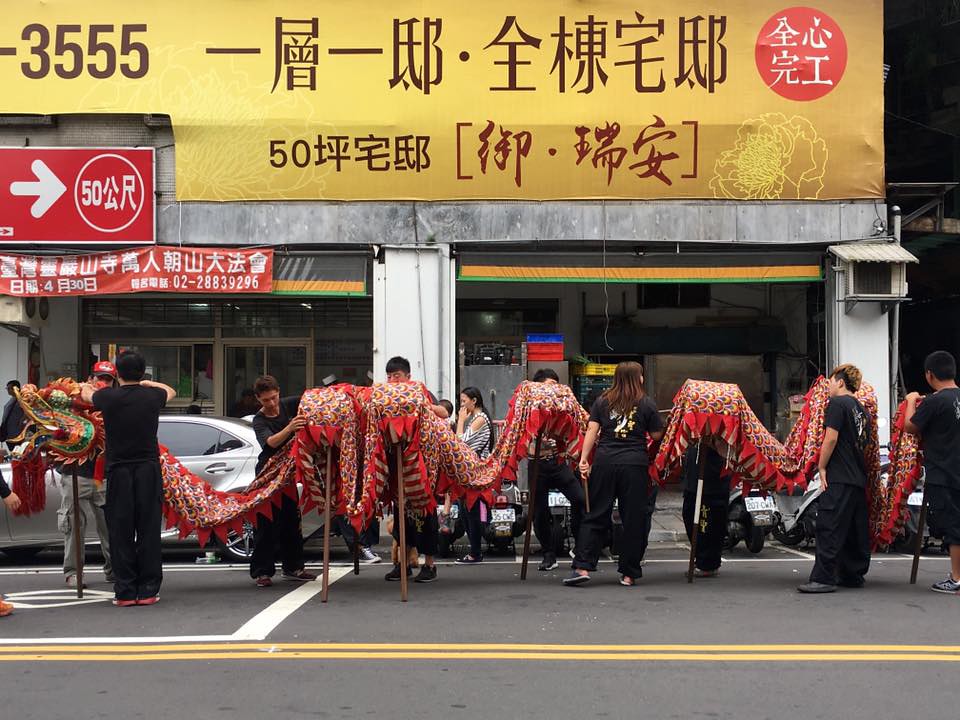
What bothers me, and I feel like writing about here, are complaints about traditional temple activities and how they should be curtailed or banned. Not just temple parades but ghost money, Mid-Autumn Festival barbecue and Chinese New Year firecrackers.
People complain that they are noisy, they are dangerous, they pollute, they annoy neighbors. I have very little patience for this (maybe for the ghost money but honestly the most polluted days to me are not the ones on which it is being burned). People who think the occasional temple parade causes "pollution" don't seem overly concerned about the actual biggest source of noise and air pollution in Taipei - scooters. Or how they are far more dangerous than a few fireworks from a parade.
They say Mid-Autumn Festival BBQ annoys neighbors, without even thinking about how noise trucks, those stupid loudspeakers outside of stores, or community events (Fireman's Day is a big one in my community, and there are quite a few concerts and children's events too) that are just as noisy and maybe just as annoying to some of us. But no, a few days of barbecue is somehow more polluting than Taipei's traffic, and somehow noisier and more annoying than all the other events in the city.
Give me a damn break. I just can't take seriously the idea that temple parades are somehow worse than scooters for traffic snarls, noise, air pollution or general danger and public annoyance, that Mid-Autumn BBQ is worse than a political noise truck or more polluting than the imprint of a large, air-conditioned, concrete department store, that Chinese New Year fireworks are more annoying than the Musical China Douchemobile. That ghost money smoke creates more pollution than factory or traffic exhaust (again, the worst pollution days to me - someone with a weak respiratory system - are actually not ghost money days).
So stupid. So wrongheaded.
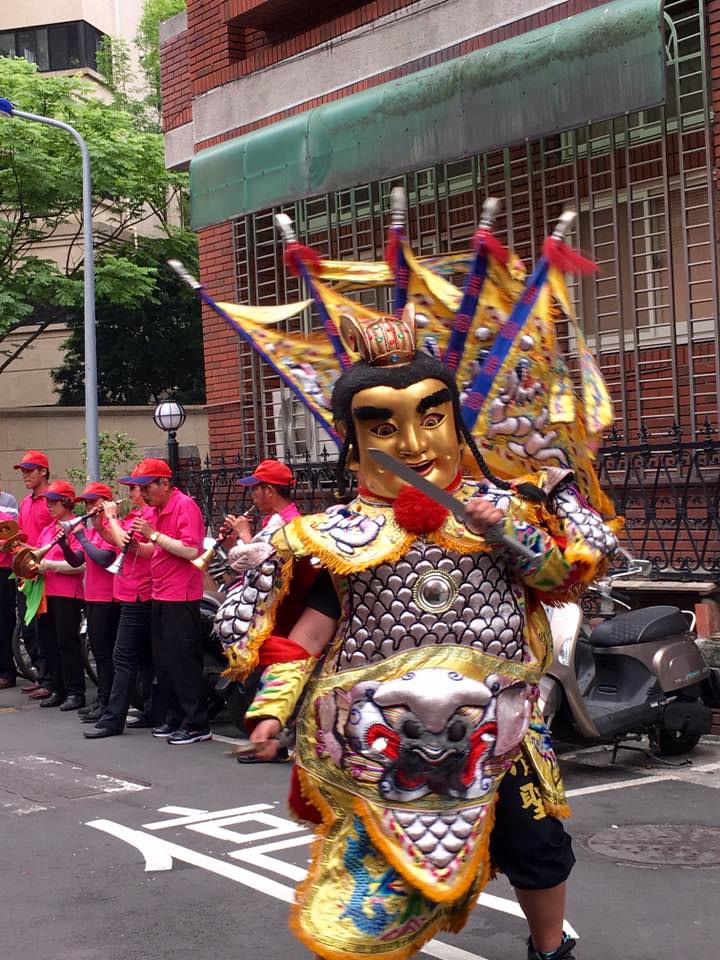
I'm usually not one go to in for conspiracy theories, but I can't help but wonder in whose interest it is to slowly let the air out of the cultural street life of Taipei (and Taiwan in general, but this seems to mostly be a Taipei problem). Whom does it benefit to see temple parades become smaller, quieter and more rare until they disappear altogether? Whom does it benefit to squash autumn barbecues? Whom does it benefit to allow noise trucks and civic events but not firecrackers? Whom does it benefit to ban or discourage election posters so Taipei looks less like a democracy going through an election as you drive around?
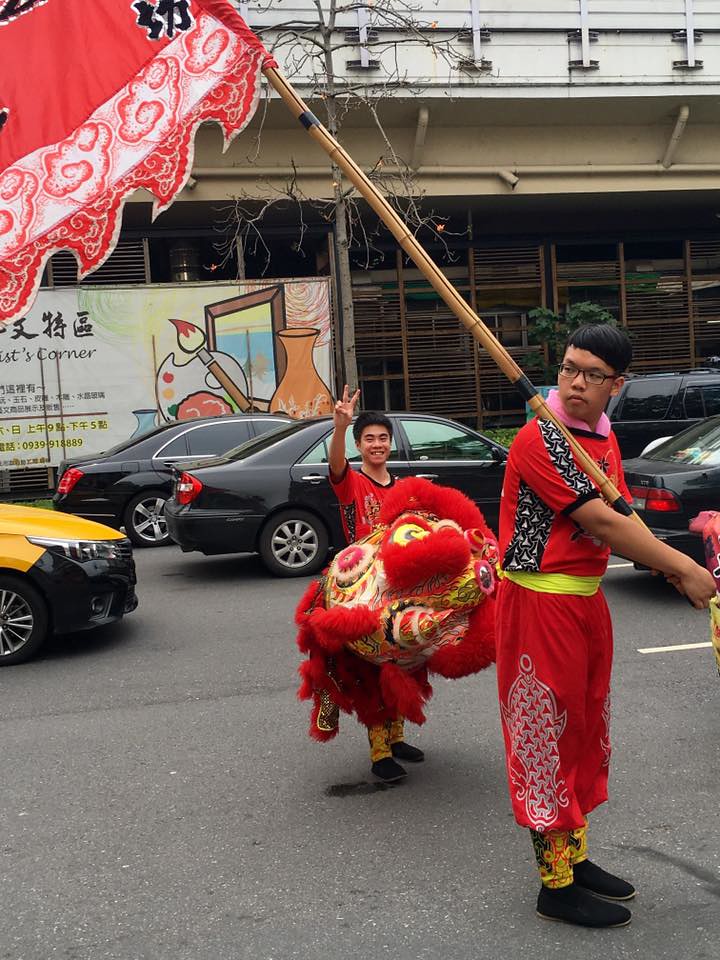
Because it seems to me that while temple parades may have originated in China, they aren't really done much in China anymore (one year in China and I saw exactly one lion dancer, hired for the grand opening of a supermarket), and a lot of the quintessentially "Taiwanese" practices, such as bajiajiang, have their origins in a few temples in Fujian and aren't really pan-Chinese in any real sense of the word. I didn't see much ghost money burning in China either although it originated there and I am sure is still practiced to some extent. The others, such as barbecue (which originated in Taiwan with a barbecue sauce ad, but I still love it and anyone who doesn't can shove off) and, well, democracy, are not Chinese in origin at all. Night markets may be a thing in some parts of China - I went to an okay one in Yantai - but most people associate them with Taiwan...and a lot of neighborhoods have become recently and mysteriously interested in closing down night markets in their vicinity where no such animosity existed before.
Is it an attempt, consciously or not, to make Taiwan look more like China?
I don't know, and I realize I'm baiting conspiracy theory by even asking, but that's sure how it feels.
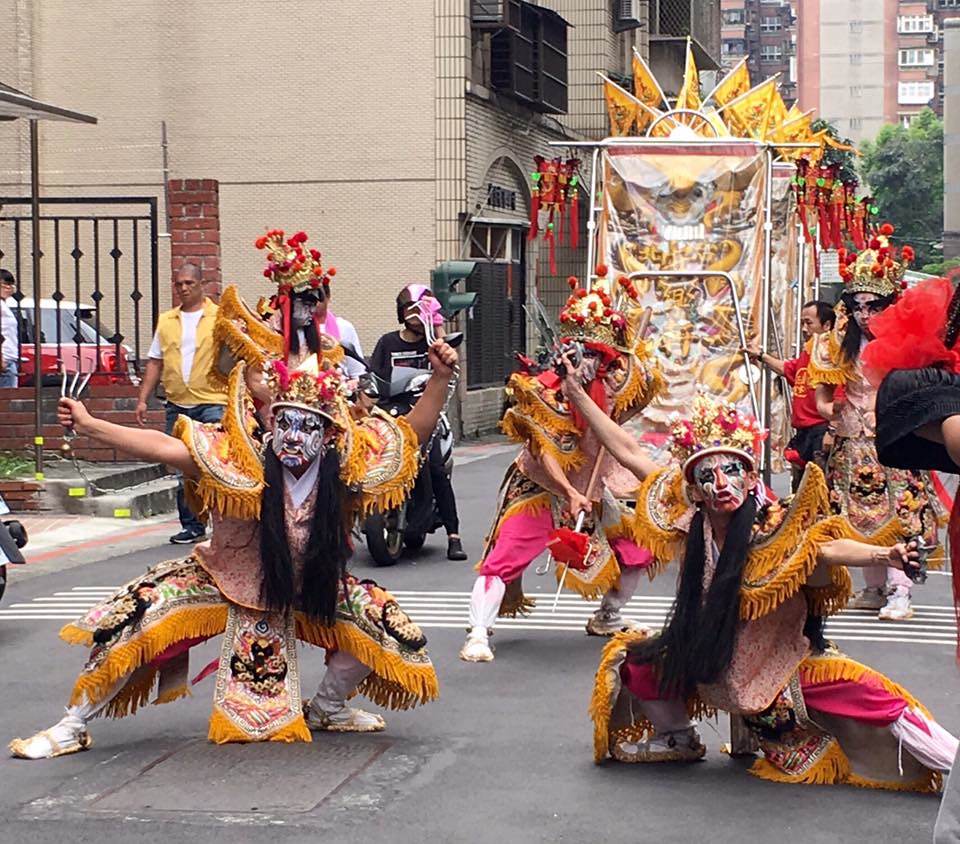
Some people, for sure, probably aren't even thinking along those lines and think these are the things keeping Taipei from being a truly modern city - quiet, clean and upscale.
Which is of course utter nonsense.
These things are what make Taipei Taipei, rather than, I dunno, some crappy box-building city in China with streaky luxury apartment complexes rotting out by the 80th ring road, or Beijing which is even worse than that despite the cultural heritage because you literally can't breath and they are slowly razing anything of interest (rather like the cultural razing of temple parades and other items of cultural interest in Taipei in favor of luxury apartments, boring civic celebrations and department stores?), or Duluth or Peoria or Des Moines or some other city I wouldn't want to live in that feels like a stand-in for a boring, poorly-planned metropolis more known for suburbs than actual urban vibrancy.
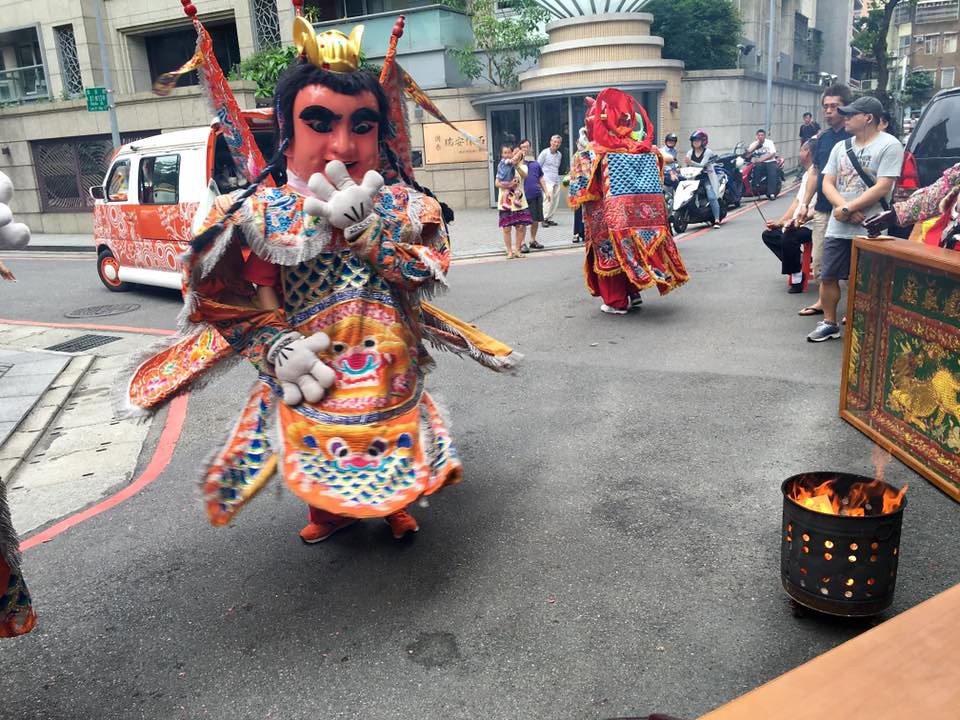
I mean, if I wanted to live in Duluth I would have moved to Duluth. If I wanted to live in 屁眼, China, I would have moved there.
I live in Taipei because I want to be in Taipei, and a part of that is the street life, the overall street-level liveliness, and the cultural aspects of living here. I'll put up with a traffic jam because a ten-foot god is walking down the road for that.
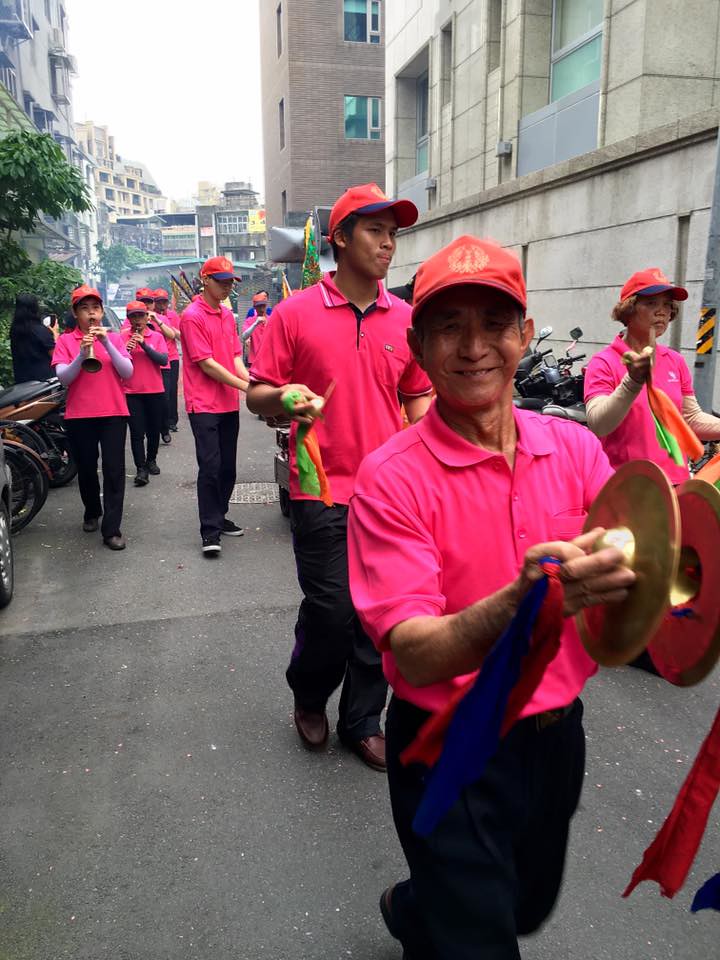
Some people do say it's because so many temple events are connected with gangsters, because gangs, temples, businessmen and politicians are in many ways just an inbred group of cronies in Taiwan.
Sure, that's true.
But who cares?
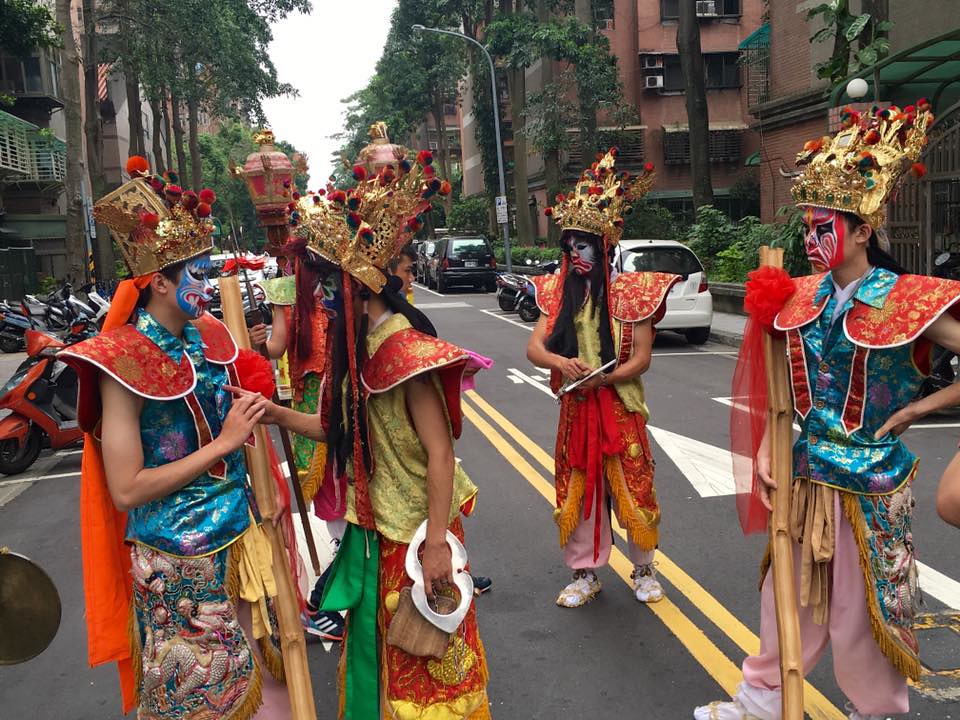
Honestly, of all the things gangs in Taiwan are involved in, this is by a very wide margin the least problematic. Stopping temple parades isn't going to make gangs go away, and even if there is gang activity inherent in them, it's fairly harmless as gang activity goes.
I mean, imagine if the best pasta joint in town were run by the local mafia (which in New York might very well be the case, though not always). Would you want to stop the gang from doing anything illegal or truly problematic? Sure.
Does that mean the pasta restaurant is the problem, and you shouldn't enjoy delicious pasta there? I don't think so. It just doesn't seem like a very strong reason to me. You want to crack down on gangs, crack down on scammers, prostitution rings/pimps/brothels, drug cartels and a scary large percentage of politicians and big business.
The temple parades are not the problem.
Anyway, rant over, enjoy a few more photos:
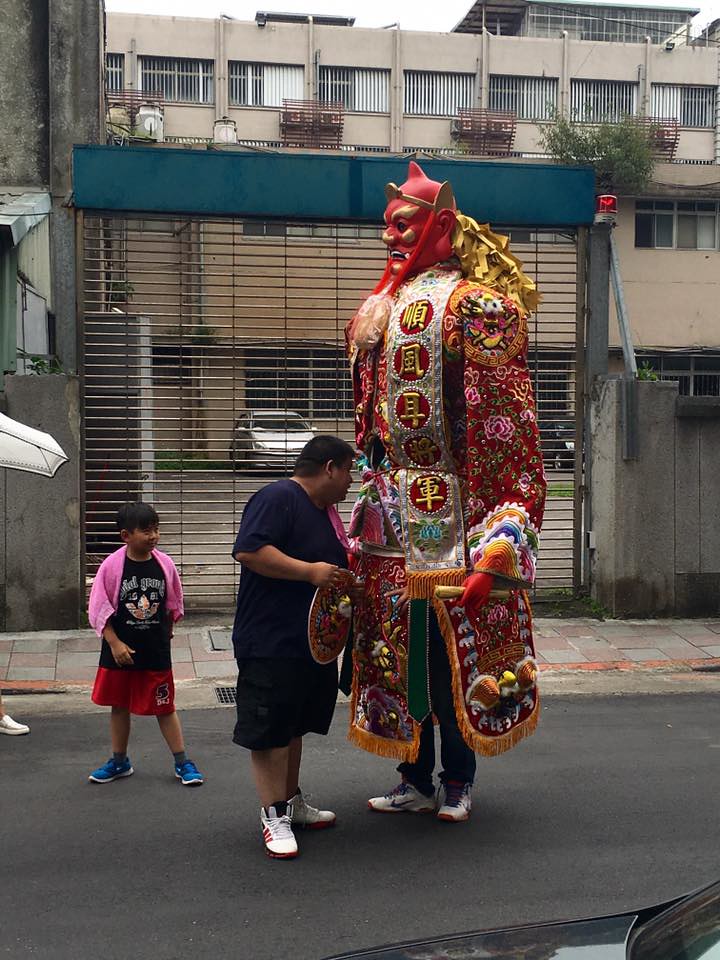
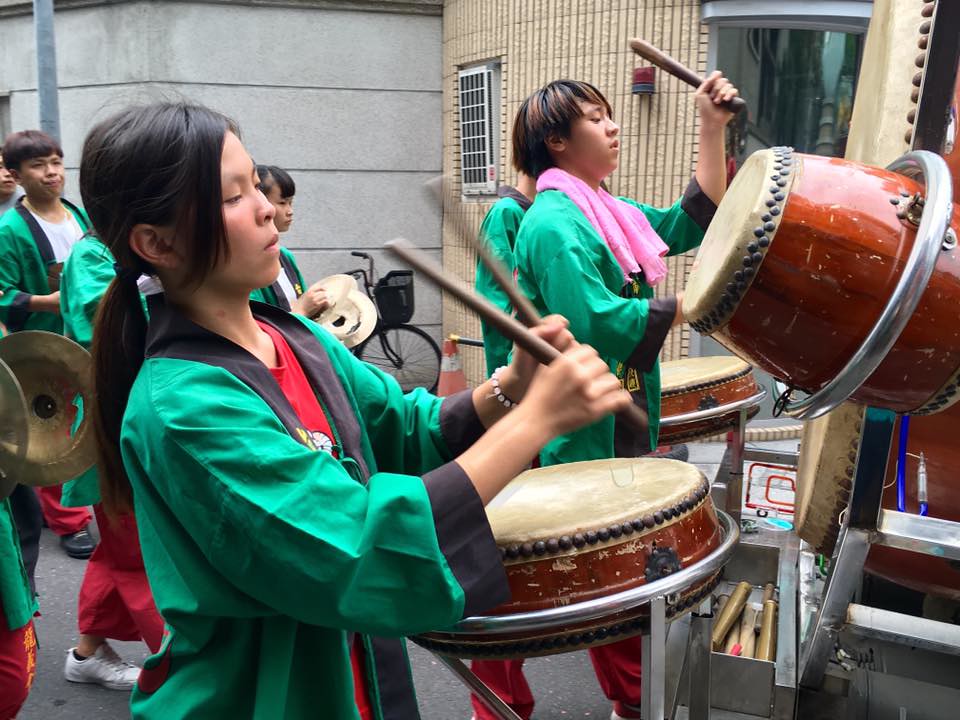
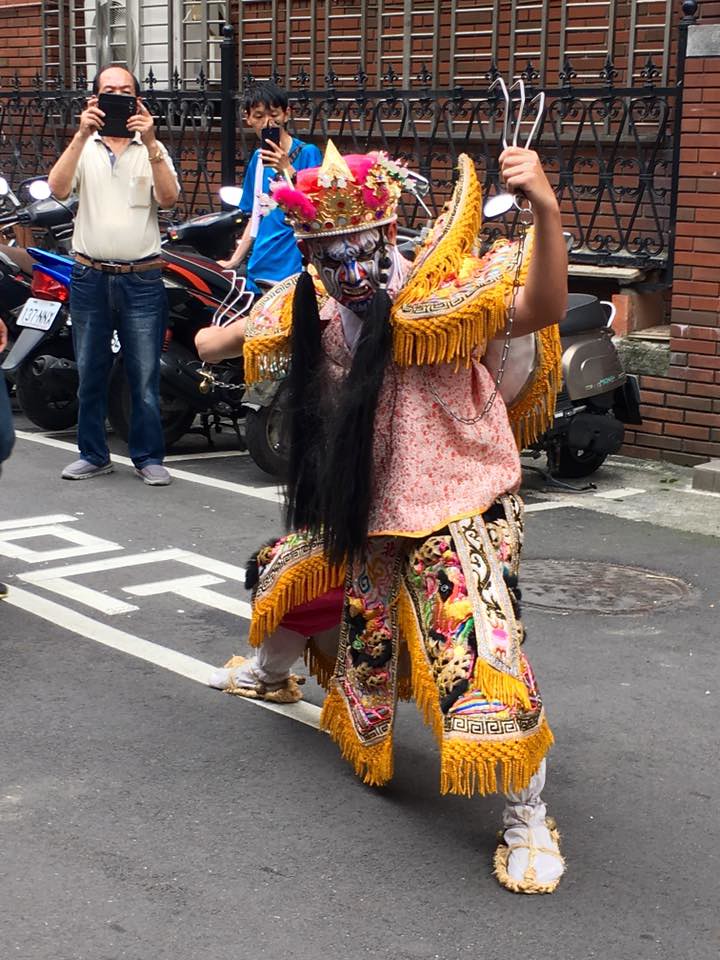

No comments:
Post a Comment